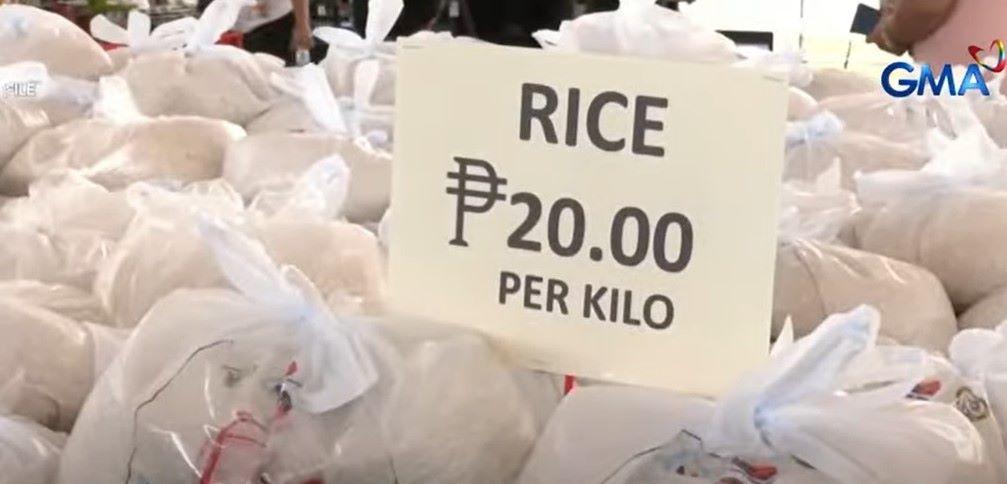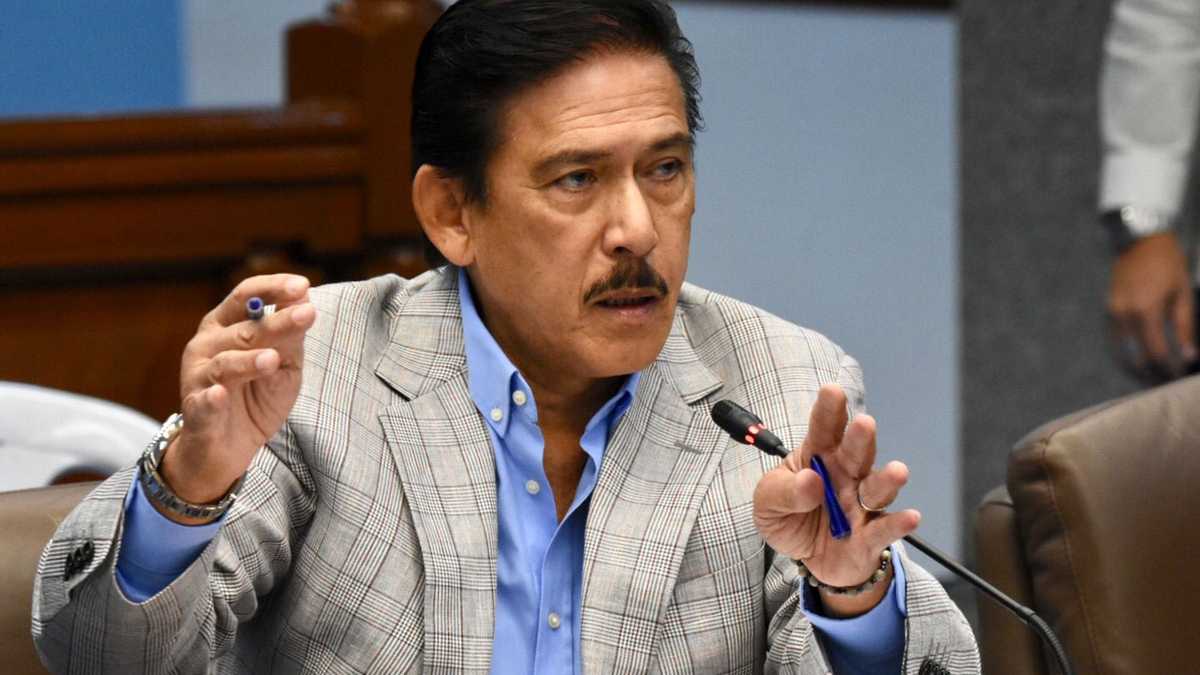Rice Price Cap: Is P20/kilo Enough to Solve the Philippines' Rice Crisis? - PAMALAKAYA's Stance

The recent announcement by the Department of Agriculture (DA) setting a price cap of P20 per kilo of rice has sparked debate across the Philippines. While intended to alleviate the burden on consumers facing soaring inflation, the Pambansang Lakas ng Kilusang Mamalakaya ng Pilipinas (PAMALAKAYA) argues that this measure is a superficial fix that fails to address the root causes of the ongoing rice production crisis.
PAMALAKAYA, a national federation of fisherfolk organizations, asserts that simply controlling the price of rice won't solve the underlying issues plaguing the agricultural sector. They contend that the crisis stems from a combination of factors, including inadequate government support for local farmers, the increasing reliance on imported rice, and the impact of climate change on rice yields.
Beyond the Price Cap: Addressing the Core Issues
“A P20 price cap is a band-aid solution that ignores the deeper wounds inflicted upon our rice farmers,” stated PAMALAKAYA spokesperson, Fernando Santos. “What we need is a comprehensive strategy that prioritizes the strengthening of local rice production, rather than perpetually relying on cheaper imports that undermine our farmers’ livelihoods.”
PAMALAKAYA highlights several key areas that require immediate attention:
- Increased Support for Local Farmers: Providing accessible credit, affordable fertilizers, and improved irrigation systems are crucial for boosting rice yields and ensuring farmers can compete effectively.
- Investing in Research and Development: Developing climate-resilient rice varieties and promoting sustainable farming practices are essential for long-term food security.
- Fair Trade Policies: Protecting local farmers from unfair competition from subsidized imported rice is vital for maintaining a stable domestic market.
- Addressing Climate Change Impacts: Implementing measures to mitigate the effects of climate change on rice production, such as drought-resistant farming techniques and improved water management, is paramount.
The Risk of Import Dependency
PAMALAKAYA warns that the continued reliance on imported rice creates a precarious situation, making the Philippines vulnerable to global price fluctuations and supply chain disruptions. They emphasize that a strong domestic rice industry is the key to ensuring food security and protecting the interests of Filipino farmers.
“The government should shift its focus from controlling prices to empowering our farmers,” added Santos. “By investing in local production and addressing the systemic challenges facing the agricultural sector, we can build a more resilient and sustainable food system for the Philippines.”
Consumer Impact and Long-Term Solutions
While the P20 price cap may offer temporary relief to consumers, PAMALAKAYA believes it is a short-sighted solution. They argue that a truly sustainable solution lies in strengthening local production, which will ultimately lead to more stable and affordable rice prices in the long run.
The organization calls on the government to engage in meaningful dialogue with farmers and fisherfolk organizations to develop a comprehensive and equitable agricultural policy that prioritizes the welfare of both producers and consumers.





